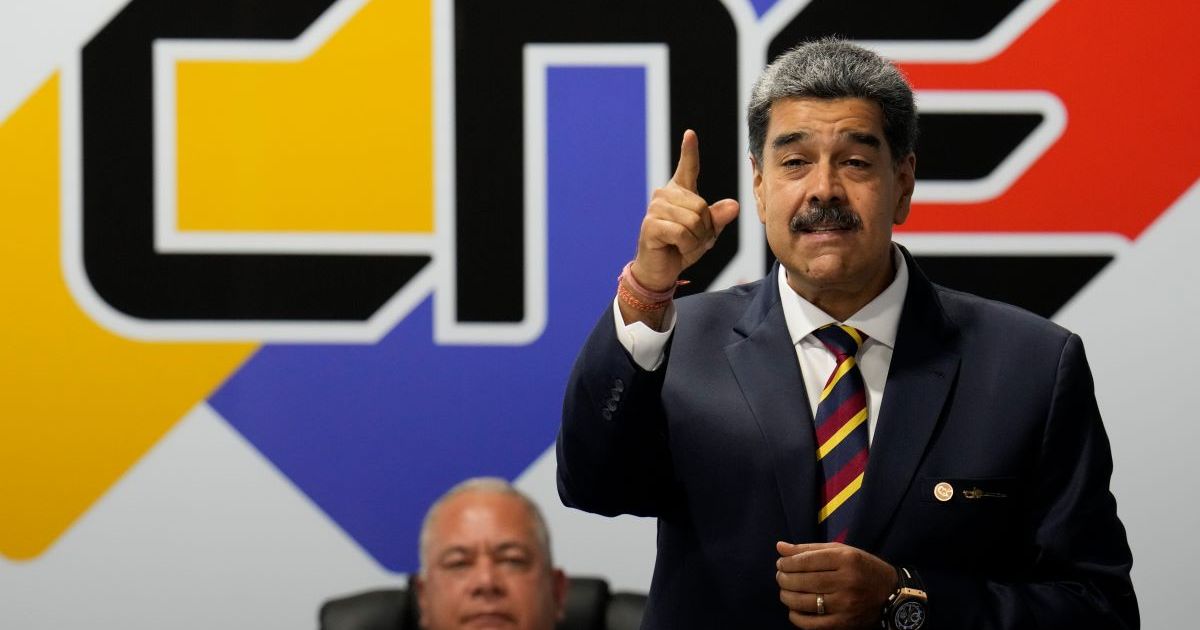CARACAS.- He Nicolas Maduro regime prevented the entry of the Argentine journalist Jorge Pizarrowho traveled to Venezuela to cover the presidential elections on Sunday, July 28, for Radio Rivadavia. The communications professional now faces deportation after an intense detention at the Simón Bolívar Maiquetía International Airport.
Since his arrival, Pizarro has been subjected to an intense and lengthy interrogation process. “They took 14 photos of me in different settings, they took my passport, they put me in solitary confinement,” said Pizarro, who described the procedure as excessively invasive and without clear justification.
The journalist explained that after presenting his passport at immigration control, he was separated from the rest of the passengers. A female officer, wearing a navy blue uniform and a badge that said Public Prosecutor’s Office, interrogated him exhaustively. “The lady asked me a series of questions without explaining the reason, and then she sent me to another officer, who also asked me almost the same questions,” explained Pizarro in an interview with journalist Marcelo Longobardi.
The situation escalated when a superior officer intervened and threatened to arrest him. “I was told that I could not question the questions and that I should only answer what he told me to. If I tried to say anything else, I risked being arrested,” Pizarro said. This officer made it clear to him that his questions were the only acceptable way to communicate and that he should not question authority.
Pizarro’s experience at the airport included long hours of waiting in precarious conditions. For six hours, he was kept in an isolation room without access to water, his medicines, or even a bathroom. His luggage, including his cellphones and clothes, was confiscated and he was forbidden from having any kind of contact with the outside world. “I was in a small room, standing for hours, unable to sit down or drink water. I even had to record a video in a 2×2 meter white space, under constant surveillance, explaining who I was, why I was there and what I intended to do,” he added.
Finally, after spending hours in unsuitable conditions, he was informed of his deportation. “They told me that I did not meet the requirements to enter the country and that I would be sent back,” Pizarro explained. While waiting for the return flight with COPA Airlines, the same airline with which he had arrived in Venezuela, he remained isolated in an airport cafeteria, unable to communicate with anyone other than the staff there.
The Association of Argentine Journalistic Entities (ADEPA) The Venezuelan government reacted firmly to the incident. In a statement, the association expressed its strong rejection of the arrest and possible deportation of Pizarro, and demanded that the Venezuelan authorities allow unrestricted access to all journalists arriving to cover the elections next Sunday.
Source: EDITORIAL / Radio Rivadavia

